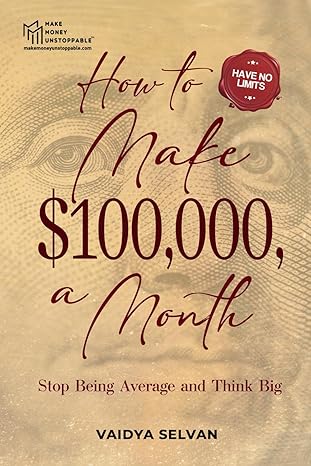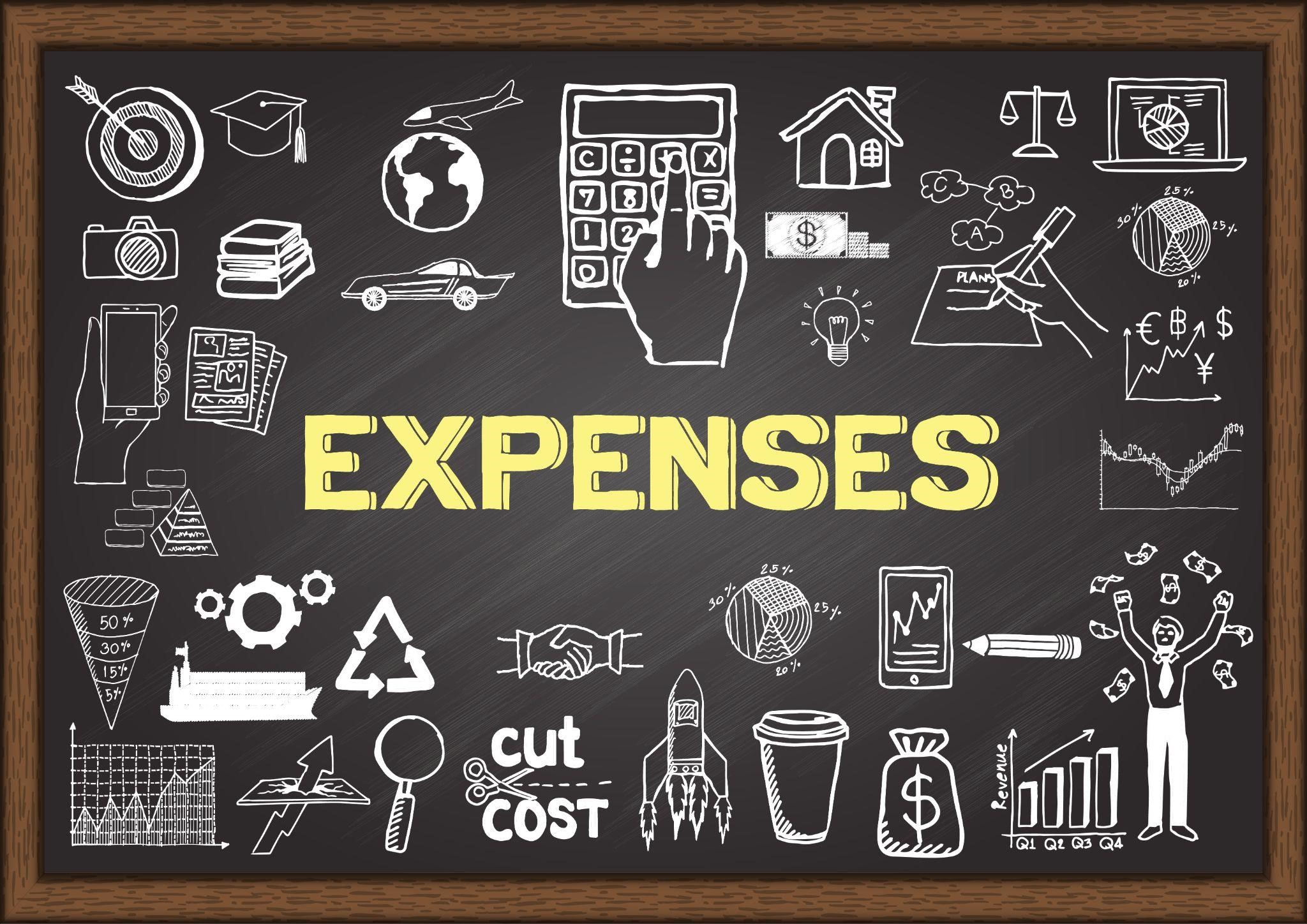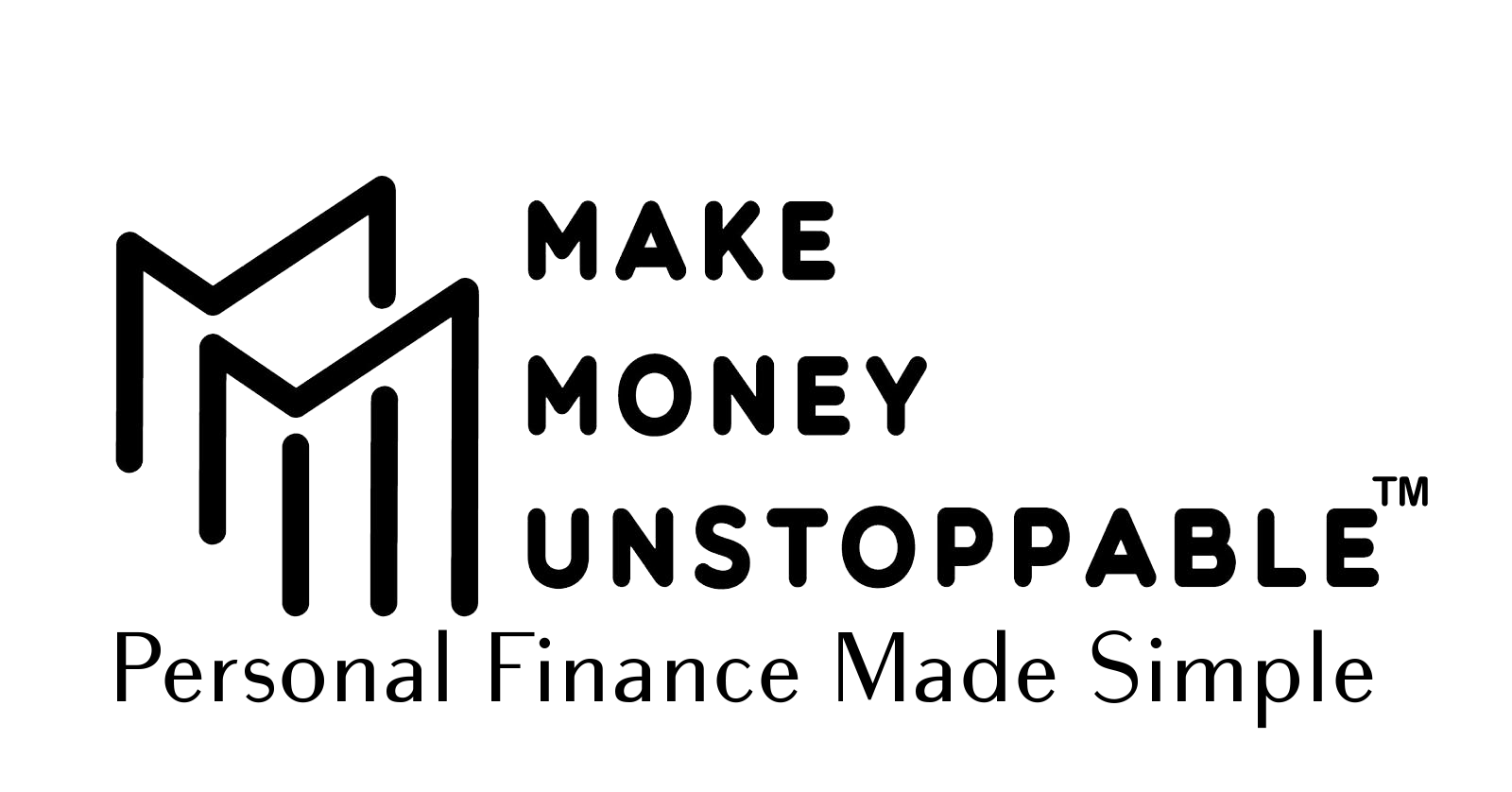
How to Track Spending without Getting Overwhelmed
Let’s face it: managing money can feel like trying to solve a puzzle with missing pieces. So, how do you put your finances together? You know you should be tracking your spending, but the moment you open a budgeting app or stare at a spreadsheet, your brain freezes. You’re not alone because many people feel paralyzed by the complexity of financial tools and the pressure to “do it right.” The reason is that most of us were never taught about money, let alone how to manage it.
Last Updated: March 20, 2025

Disclaimer:I am not a licensed financial advisor, financial planner, tax professional, or attorney. The information provided in this blog is for general informational and educational purposes only and should not be construed as professional advice. Always consult with a qualified expert before making financial, legal, or tax-related decisions.
Why Financial Literacy Must Be a Core Part of Education
It’s time we confronted a glaring contradiction: money influences nearly every aspect of our lives, yet financial literacy remains one of the most neglected subjects in our education system. This isn’t the early 1900s. We live in a world where financial decisions shape futures, families, and freedom. So why are we still failing to equip the next generation with the tools they need to navigate it?
If students are never taught how money works, how can we expect them to understand it, let alone master it? The absence of financial education in schools is not just an oversight; it’s a systemic failure. Children graduate knowing how to solve complex equations in algebra and calculus, yet many don’t know how to budget, build credit, or generate income. These are not optional skills; they are essential for survival in today’s economy. And today, we have a global economy, not regional. If we are to compete globally, we will need to be on top of our game.
Without financial literacy, young adults are left vulnerable. They enter adulthood trained to consume, not to create. They become loyal customers, not empowered earners. And as they accumulate debt without understanding how to manage or escape it, the cycle will continue, and it can most likely lead to generational poverty.
We must ask ourselves:
- What are we truly preparing our children for?
- Are we teaching them to thrive in abundance or work to survive?
If we want to build a generation that is financially independent, resilient, capable of creating wealth, and not just spending it, we must make financial education a priority and not let it be an afterthought. And, we must take the initiative to get educated and know all about money.
How I Use Pinterest To Make Money Blogging
Below is how Carly uses Pinterest to make money blogging.
Unlock your financial freedom.
Download this FREE eBook!.
How to make $100,000/month? Stop being average and think big.

Stop Settling. Start Scaling.
Unlock the mindset, systems, and strategies top earners use to build unstoppable income.
Think Bigger. Earn Smarter.
This free eBook serves as your blueprint for scaling quickly, earning relentlessly, not settling for mediocrity, and living life on your terms.
Inside, you’ll discover:
- The Millionaire Mindset Blueprint
- Income streams that run on autopilot
- Entrepreneur hacks for focus and financial dominance
- One strategy to launch multiple income streams
- How to break free from “just enough”
- Tools to crush limiting beliefs and build your empire
Average doesn’t scale. Vision does. Download now and start your $100K/month transformation.
Yes, this eBook is free. Just drop in your email here to get instant access. ONE eBook per email.
The eBook is sent automatically and should arrive within minutes. Depending on your email provider, it may appear in your Spam or Promotions folder. While we don’t control its exact placement, you can be confident it has been dispatched and is waiting for you.
PLUS: Get Access to exclusive financial tips, learn everything about money and get early blog updates – delivered directly to your inbox .
Here’s the good news: you don’t need to be a finance expert to take control of your money. Everything is learnable. The most effective spending habits often start with the simplest steps. When you begin to track your expenses even in the most basic way, you gain clarity, reduce stress, and start making decisions that align with your goals.
This isn’t about restriction. It’s about awareness. And once you have that, everything else becomes much easier. All the chips in life will fall in place.
Why Expense Tracking Feels Overwhelming and How to Make It Work for You
Most people decide to track their spending because they want to take control of their finances. It sounds simple: just keep an eye on where your money is going, and you’ll start making smarter decisions. But the moment you step into the world of budgeting, you’re hit with a wave of apps, spreadsheets, budgeting rules, and financial jargon. Suddenly, what felt like a smart and simple move turns into a confusing chore.
So, what happens next? You give up before you even begin.
If you’re someone who desperately wants to get your finances in order- one who is trying to understand your income, your spending habits, and where your money disappears, you might also be dreading the thought of formulas, categories, and endless data entry. For many, just hearing the word “budget” is enough to make their head spin.
But here’s the truth: expense tracking doesn’t have to be complicated, rigid, or overwhelming. You don’t need to become a financial expert overnight. You just need a system that’s simple, intuitive, and tailored to your lifestyle. You must customize your budget to fit you, for it to be practical.
The Gentle Way to Start Tracking Your Money
- Forget the fancy tools, for now.Start with something you already use every day: your phone’s notes app, a journal, or even paper notes. For one week, simply write down what you spend. No categories, no math, just creating awareness for yourself. Remember, you are doing it for you, because it is your money and you will need to learn to be responsible with it.
- Look for patterns, not perfection.At the end of the week, review your notes. Ask yourself:
- Where did most of my money go?
- Were there any surprises?
- Did I spend on things that didn’t really matter to me?
- What am I spending on?
- Does my purchase bring any value to my life?
- What else am I wasting money on?
- Set one simple rule.Instead of building a full budget, try this for yourself: Set a weekly spending cap for non-essentials like eating out, shopping, subscriptions, and entertainment. This keeps things manageable and gives you instant clarity. You will also know where your money is bleeding. If you don’t set a spending cap and keep spending like there is no tomorrow, the dam will burst open at some point very soon thereafter, and things will get messy.
Beginner-Friendly Tools That Keep It Simple
If you’re ready to start tracking your expenses but prefer a minimal, stress-free approach, consider tools that prioritize clarity and ease of use. Look for options that offer:
- Clean, visual layoutsthat make it easy to understand your spending at a glance without digging through complex data.
- Category-based budgeting systemsthat mimic traditional cash envelopes, helping you allocate funds intuitively-spending, saving, investing, and tithing.
- Flexible, customizable formatsthat allow you to organize your financial information in a way that suits your lifestyle.
These kinds of tools are designed to support your financial awareness without overwhelming you with features or financial jargon. The goal is to make tracking feel like a helpful habit, and not a chore. The key here is to keep it simple.
Reframing the Purpose: It’s About Freedom, Not Restriction
Tracking your spending isn’t about depriving yourself or eliminating joy; it’s about gaining clarity. When you understand where your money goes, you can make intentional choices that reflect your values and priorities. Financial awareness isn’t just about numbers; it’s about reclaiming control over your life.
That said, I get it. Tracking expenses can feel tedious, overwhelming, and time-consuming. It is not something we would want to do, but we have to. It is not a luxury, but a necessity. Anything that we spend must get tracked. Without any tracking, we will be lost.
After a long day, the last thing you want is to look through the pile of receipts and juggle multiple budgeting tools. Simplify your life by making budgeting easy with spending trackers.
Track Spending: A Step-by-Step Guide for Beginners

Expense Tracking 101: Spend Smarter, Save More
The purpose of tracking your spending isn’t about penny-pinching or depriving yourself; it’s about taking control of your financial life. When you understand where your money is going, you gain the upper hand and the power to make informed decisions, reduce financial stress, and align your spending with your goals.
Effective expense tracking supports you in several key ways:
- Stay aligned with your financial plan. Ensure that your spending reflects your budget and priorities.
- Adjust your plan as needed.Refine your financial strategy to match your real-time expenses and savings targets.
- Identify spending leaks.Spot unnecessary and impulsive buys that quietly drain your financial resources. Flag these for reference.
- Discover opportunities to save.Recognize patterns and habits that can be optimized to increase savings.
- Good debt and bad debt.Know the difference.
Why Tracking Matters Before You Budget
Before you can plan for the future, you will need a clear picture of your present. Expense tracking gives you that clarity. It’s the foundation for building a realistic budget, setting achievable goals, and avoiding overspending.
Whether you’re just starting out or looking to improve your financial habits, this blog is designed to help you track your spending in a way that feels manageable, not overwhelming. Because when you know your numbers, you can take full control, and that’s where your financial freedom begins.
Step 1: Know Your Fixed and Variable Expenses:
An essential part of creating your budget and tracking your spending is knowing the difference between fixed and variable expenses.

Budgeting Made Simple: Know Your Expenses & Track Your Income
Fixed Expenses (The Predictable)
These are the costs that stay consistent month to month, making them easy to plan for. Examples include:
- Utilities(electricity, gas, water, internet, phone)
- Transportation(commuting, fuel, transit passes)
- Medical(routine appointments, regular prescriptions)
- Tuition(scheduled education payments)
- Memberships & Subscriptions(streaming services, gym, apps)
- Know when your bills are due and make sure the funds are available in your bank account.
- Set automated reminders to avoid late fees or missed deadlines.
Variable Expenses (The Wild Cards)
These fluctuate based on your lifestyle, habits, and unexpected events. They’re harder to predict, so budgeting for them requires flexibility. Examples include:
- Groceries
- Emergency medical visits
- Unplanned car repairs
- Celebrations & holidays
- Dining out, entertainment, outings
- Clothing
- Gifting
- Household supplies
Step 2: Track Your Income
Once you’ve sorted your expenses, it’s time to record your income. Ask yourself:
- What’s your monthly take-home pay?
- Do you have multiple income sources? – Primary JOB, freelance work, business ownership, real estate, and partnerships?
- Keep your finances in order.
- Know your numbers.
- Review them in real-time.
- Know your net worth.
- Have metrics in place.
- Keep track.
- Adjust as needed.

Tips for Smarter Budgeting
- Be generous when estimating expenses; round them up to whole numbers.
- Be cautious when predicting income; round it down.
- Be honest with yourself: accurate tracking can lead to better decisions.
Step 3: Track Your Spending and See Where Your Money Is Going
Once you’ve calculated your exact monthly income, treat it as your spending ceiling. Your goal isn’t just to stay within that limit; it’s to save a portion of it to move closer to your financial goals.
Learn to cook, make your coffee at home, and live below your means. Keep spending to a bare minimum and treat yourself occasionally. This may set you up on a path towards minimalism, self-contentment, and help you follow your true purpose.
Ask yourself:
- How many TVs do I need in my house?
- How many cars do I need in my garage?
- How many bedrooms do I need to sleep in?
- How much food can I eat in one sitting?
- Do I need all the distractions in my life?
- How many hours am I spending on social media and watching TV each day?
- Do I need all those subscriptions?
- What is important to me and what’s my true purpose in life?
- Why am I buying wholesale and in bulk when all I need is 1 lb. of spinach, not a 10 lb. bag? How much of my food am I throwing away as food waste?
- Where am I wasting money?
- What are the distractions in my life that are steering me away from my goal?
- Are my friends frugal or spendthrifts? Am I in the right circle?
- What am I buying online and in shopping malls? Do I really need it? Do I know the difference between needs and wants?
- Do I know the difference between good debt and consumer debt?
- Am I living paycheck to paycheck and living on credit to impress others?
Step 4: Review Your Past Spending
Start by looking back at the previous years for comparison. Use:
- Bank statements
- Credit card statements
- Cash Receipts
Tally up your monthly average spending, then break it down into your fixed and variable expenses.
Thus, you might uncover forgotten charges like:
- Unused streaming subscriptions
- Dormant gym memberships
- Recurring app store purchases or games
- Hidden charges
- Credit not received for returned items

Step 5: Practice Mindful Spending
Before making a purchase, ask yourself these questions:
- Do I need this right now?
- Can I afford it?
- Does it create any value in my life?
- Is there a cheaper or better alternative?
- Can I do without it?
- Will it collect dust in a few weeks or months?
- Can I wait 24 hours before making my decision whether to buy or not?
- Can I pay for it with cash and not use credit?
These simple questions can help you pause, reflect, and make smarter financial choices. They may also help save you thousands of dollars
Step 6: Categorize Your Expenses
Now that you’ve tracked your spending, organize it into clear categories:
| · Essentials | o Rent, utilities, groceries, healthcare, insurance |
| · Non-Essentials | o Dining out, subscriptions, travel, entertainment |
| · Debt | o Credit card payments, student loans, car loans, mortgage |
| · Savings | o Emergency fund, investments, retirement, sinking funds |
The goal: Identify where your money is going, then reduce spending in non-essential and bad debt categories to boost your savings.
Essentials are usually non-negotiable, but non-essentials and bad debt offer room for adjustments, like cutting back on shopping and avoiding unnecessary expenses. Cut down consumer debt to the bare minimum. Pay with cash wherever possible to reduce spending. Reserve a credit card for emergency use.
Invest in experiences, and not in stuff. Stuff gets obsolete in a few months and often forgotten, but the bill will still linger. With experiences, you will have a story to remember and tell others many years from now.
Remember this: Take care of your health because there are no spare parts for it. Invest in your health. See your dentist and physician regularly for checkups as prescribed. As an analogy, go in for an oil change, not for an engine change. Focus on prevention. Prevention is economical, painless, and fast.
The above are a few tips that may have the potential to save you a boatload of money.
Step 7: Choose a Simple Tracking Method
You don’t need fancy apps or spreadsheets to track your spending. What matters most is consistency. Once you start, you’ll feel more confident and less anxious every time you check your bank account.
Here are a few low-effort tracking methods:
- Notebook Method: Write down daily expenses by hand.
- Phone App for Notes: Use your phone’s built-in notes or reminders.
- Calendar Tracking: Log purchases on a monthly calendar.
- Envelope System: Allocate cash into labeled envelopes for each category.
Simple Spending Tracking Methods (No Fancy Tools Required)
Tracking your expenses doesn’t have to be complicated. Keep them simple. Whether you prefer pen and paper or a visual reminder on your wall, these low-tech methods can help you stay on top of your finances with minimal stress.
1. Dry Erase Board Method

Mount a large dry-erase board in a visible spot in your kitchen, office, or hallway. Assign a set monthly budget for each category (needs, wants, savings), and update it daily by subtracting each expense.
- Use color coding for clarity:
- Green for essentials
- Red for discretionary spending
- Blue for saving and investing
Customize it to your needs. Colors help you track visually at a glance, especially when you are on the move during rush hour.
Best for: Visual learners, families, or anyone who benefits from seeing their finances daily, front and center.
Note: Since the board resets monthly, consider snapping a photo at the end of each month to preserve your data and track long-term trends. You may use it to compare with previous months.
2. Envelope Budgeting Technique
This classic cash-based method promotes discipline and sets clear boundaries around spending.
- Divide your budget into physical envelopes labeled by category.
- Place the allocated cash in each envelope and spend only from the designated one.
Best for: Over-spenders, cash users, or those trying to break impulsive spending habits.
The key is to use that particular envelope only, and you can’t exceed that amount, even if you’re tempted. Sounds easy, doesn’t it?
3. Traditional Notebook Method
Simple, effective, and surprisingly powerful. Grab a notebook, pen, and calculator, and log each expense as it happens.
- Writing by hand improves awareness and memory. It also creates that connection by linking your mind to paper. This creates instant accountability.
- Helps you reflect on spending frequency and habits.
Best for: Mindful spenders and those looking to reduce screen time.
If carrying a notebook daily feels inconvenient, set aside 10 minutes each evening to record all expenses for that day, from grocery bills to utility bills.

4. Receipt Tracking Method
Keep receipts from every purchase and review them weekly to understand your spending patterns. You may store all of them in a shoebox by separating them into envelopes for each month.
- If a receipt isn’t available, jot the amount on a small slip of paper and store it along with the others.
- Organize receipts by category and date for easier analysis.
Best for: Cash users and individuals who prefer offline tracking.
5. Finance Tracking Template (Spreadsheet-Based)
Prefer a structured digital approach? Use a pre-built spreadsheet template to track income and expenses.
How to get started?
- Open your spreadsheet tool and select a budgeting template (monthly or annual).
- Input your starting balance, estimated expenses, and income sources.
- Customize categories to match your lifestyle.
- Review the summary tab for a clear overview of spending, savings, and remaining balance.
Best for: Organized planners, spreadsheet users, and those wanting a comprehensive financial snapshot.
Weekly Check-In: Review your progress every weekend. Ask:
- What went well?
- Where did I overspend?
- What can I adjust next week?
- How can I cut more and keep more of my hard-earned money?
Tip: Make Your Surplus Work for You
If you end the month with extra funds or unspent allocations:
- You may add a portion to your emergency fund
- Consider investing the rest to build an additional income stream

Step 8: Make Spending Tracking Part of Your Routine
You don’t need to obsess over every receipt or sink your teeth into your bank statements daily. Instead, carve out just 30 minutes each weekend to “check in” with your finances. Look at where your money went, what surprised you, and how your spending aligns with your saving goals. See what you have saved and celebrate small wins.
This simple habit builds awareness, and awareness is the first step toward taking full control over your finances. The key here is to monitor consistently, change spending habits, and see that change materialize into savings.
Step 9: Trim the Excess Without Feeling Deprived
Once you start tracking, patterns emerge. Are you grabbing snacks out of boredom? Paying for subscriptions you forgot existed? Making impulse buys that don’t even spark joy?
This is your opportunity to declutter your spending and cut your desire for materialism.
Ask yourself:
- Was this purchase necessary?
- Did it add real value to my life?
- Can I pause or eliminate it for now?
Get Started with the easy wins:
- Cancel unused memberships
- Cut landlines and cable
- Unsubscribe from marketing emails that trigger impulse buys
- Use the 24-hour rule: wait a day before buying anything non-essential
Remember, this isn’t about cutting everything; it’s about cutting what no longer serves you, so your money can support what truly matters.
Step 10: Revisit and Refine Your Budget Regularly
Budgeting isn’t a one-time event; it’s a living, breathing tool. As your habits shift and your goals evolve, your budget should too. Refresh it periodically.
Keep your budget visible, whether it’s a spreadsheet, app, or notebook. Every time you spot an expense that’s pulling you off track, make that small adjustment to get back on course.
Think of it like fine-tuning an instrument: regular tweaks help keep everything in harmony.

Overspending? Here’s What to Do If You’re Spending More Than You Earn
If your expense tracker reveals that your spending is exceeding your monthly income, congratulations. You’ve taken that first crucial step: awareness.
Now it’s time to dig deeper and uncover the root cause. Are your essentials genuinely unaffordable, or are non-essentials quietly draining your wallet?
Step 1: Identify the Root Cause
- Audit your spending habits. Are you overspending on dining out, subscriptions, or impulse buys?
- Separate needs from wants. Essentials like housing, food, and transportation should take priority over your wants.
- Spot patterns. Are there seasonal spikes or emotional spending triggers?
Once you pinpoint the issue, commit to a lifestyle shift that realigns your spending with your income.
Step 2: Boost Your Income
If your spending is disciplined but still outpaces your earnings, it’s time to explore income growth:
- Negotiate a raise at your current job.
- If you own a business, make your prices competitive.
- Take on freelance work in your area of expertise.
- Explore part-time opportunities in gig economy platforms.
- Monetize a skill or hobby by tutoring to selling digital products.
Smart Saving Strategies
- Focus on what you can save, not what you must sacrifice. Even $50–$100 a week adds up over time.
- Make small lifestyle tweaks. Swap your $7 daily latte for a home brew. Replace weekend takeout with a cozy home-cooked meal.
- Shop strategically. Choose store-brand products; they often match name-brand quality at a lower price.
- Use rewards and cashback apps. Redeem points regularly; those small bonuses may compound into real savings.
- Start investing small. Micro-investing apps may help you begin with smaller amounts. This may help build habits by starting small.
- Avoid maxing out your credit card. Keep your balances low and minimize credit utilization. Use credit wisely and with caution.
Final Thoughts: Take Control of Your Financial Future
Expense tracking isn’t just a chore; it’s a powerful habit that builds financial clarity and control.
Here are a few tips that may help you on your journey towards financial freedom:
1. Set a clear intention for the upcoming month |
2. Predict your income and expenses 3. Track daily 4. Adjust habits as needed 5. Watch your awareness grow 6. Have your spending align with your goals 7. Know the difference between good debt and bad debt 8. Stick to a system that works for you and is not overwhelming With the right mindset, tools, and consistency, your money will stop slipping away and hopefully start working for you. |
From Experience to insight : Transformational reads for the Strategic mind
Foundational readings for big shifts:
- 20 Budget-Savvy Tips for Saving Money
- The 7-Day Money Reset Plan: Take Back Control In Just One Week
- Are You Throwing Away $5,000 a Year on Food Waste Without Realizing It?
- The Real Cost of Owning a Big Home
- The Psychology of Spending: Why We Overspend and How to Stop It
- Mastering the Envelope Method
Author : Vaidya Selvan
Welcome to Make Money Unstoppable Personal Finance Made Simple, a blog born out of necessity, a space created from real-life experiences, hard-earned lessons, and a deep-seated desire to share what I wish someone had taught me or had known sooner.

Newsletter Invite
Want more real-world information on Money? Join my newsletter for practical tips, updates on my books, and strategies to help you build financial freedom on your terms.
Yes, the eBook is also free. Just drop in your email here to get instant access. ONE eBook per email.
The eBook is sent automatically and should arrive within minutes. Depending on your email provider, it may appear in your Spam or Promotions folder. While we don’t control its exact placement, you can be confident it has been dispatched and is waiting for you.
#FinancialFreedom #Newsletter #MoneyTips




15 Comments